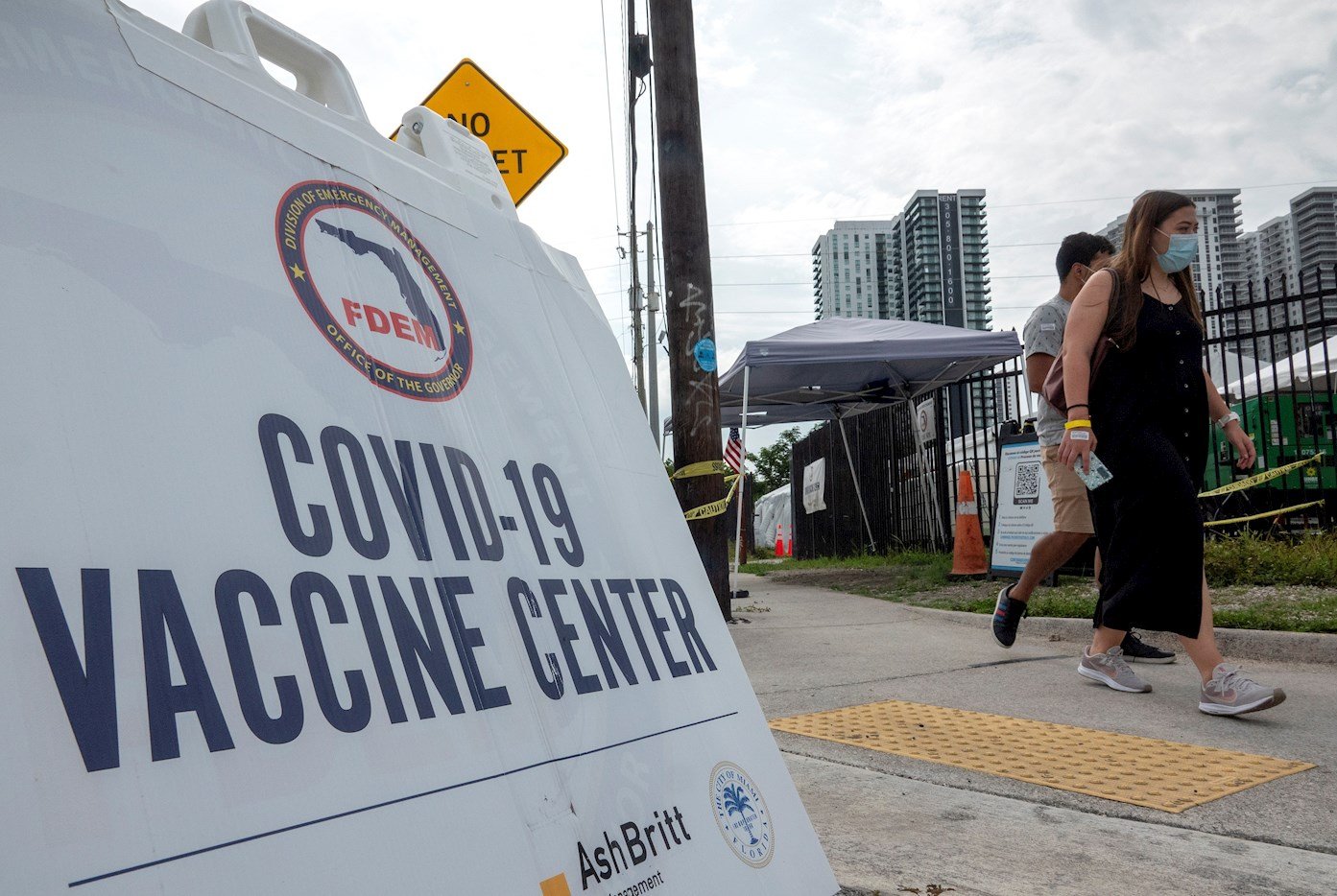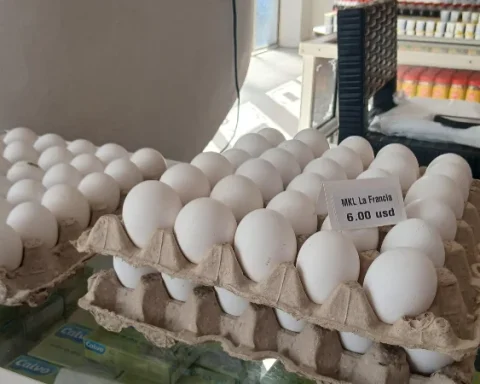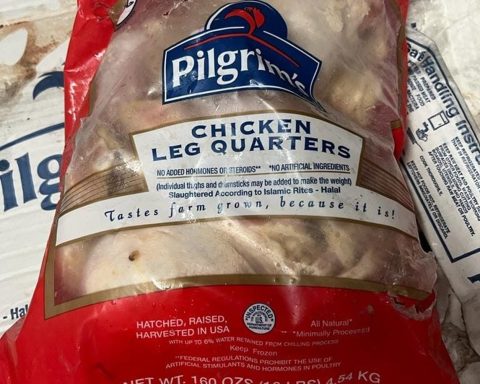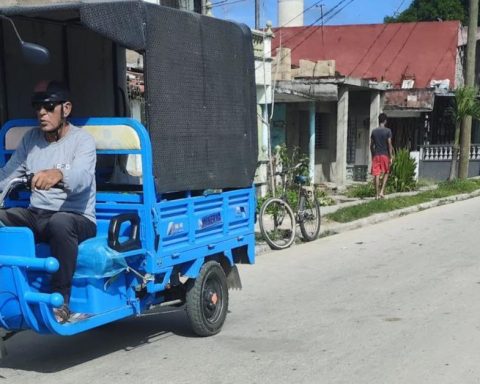The United States Food and Drug Administration (FDA) approved this Wednesday the reinforcement of the new Moderna and Pfizer-BioNTech vaccines, already adapted to the Omicron variant and its subvariants, which can be inoculated from next week.
This is a booster dose that can be administered to all those who have had the vaccine or the previous booster for more than two months.
The Moderna vaccine is licensed for use as a single booster dose in people over 18 years of age, while the Pfizer-BioNTech vaccine is also licensed for use in children over 12 years of age.
Both are directed against the BA.4 and BA.5 omicron subvariants, which are responsible for the majority of infections in the United States, and which “are expected to circulate this fall and winter,” the FDA reported.
“As we head into fall and begin to spend more time indoors, we strongly encourage anyone who is eligible to consider receiving a booster dose with a bivalent anti-Covid vaccine to provide better protection against currently circulating variants.” , noted FDA Commissioner Robert M. Califf.
As insisted, for his part, the director of the FDA Center for Biological Evaluation and Research, Peter Marks, citizens can “rest assured” that the FDA “has taken great care to ensure that these bivalent vaccines against COVID-19 meet rigorous safety, efficacy, and quality standards.”
To assess the efficacy of a single booster dose of the Moderna vaccine, the FDA analyzed immune response data among approximately 600 people and found that the immune response of participants who received the bivalent vaccine was better than that of those who received the Modern monovalent vaccine.
A similar number of people tried the Pfizer-BioNTech booster dose, with similarly positive results.
Among study participants who received the bivalent vaccine, the most commonly reported side effects were pain, redness, and swelling at the injection site, fatigue, headache, muscle and joint pain, chills, swelling of the lymph nodes in the injection arm, nausea, vomiting, and fever.

















